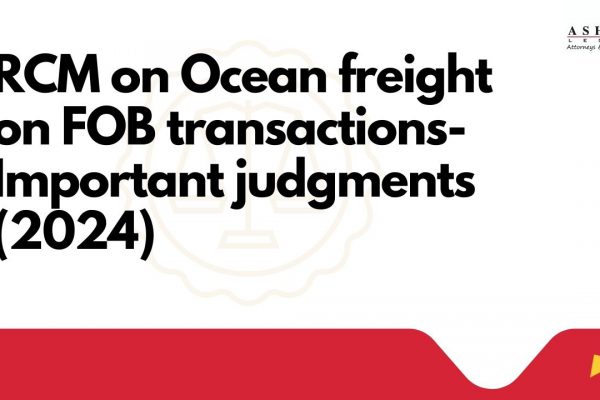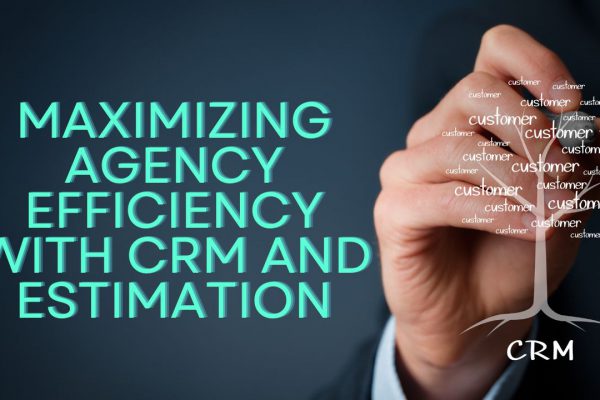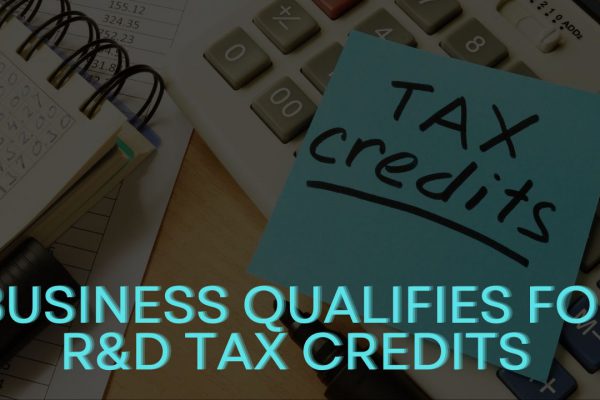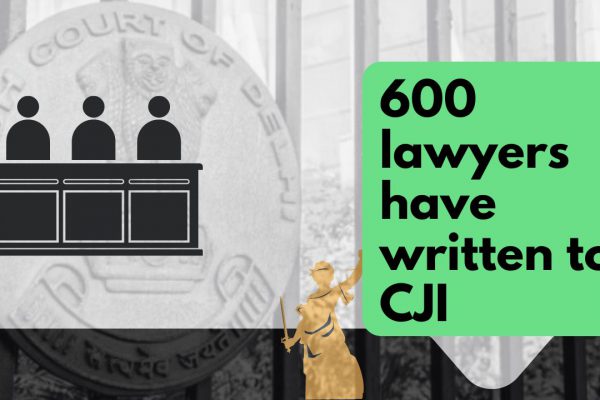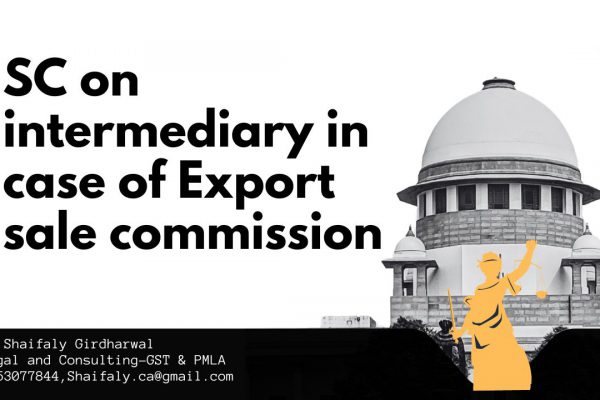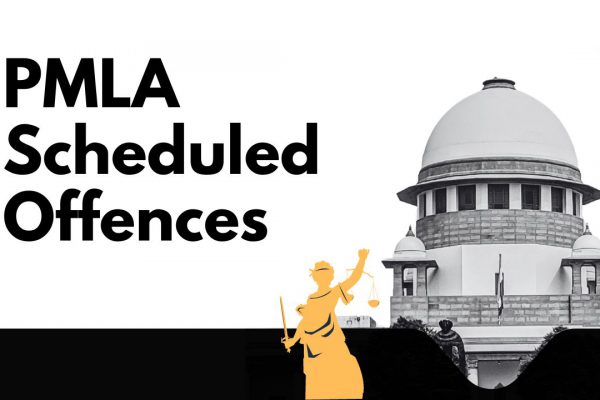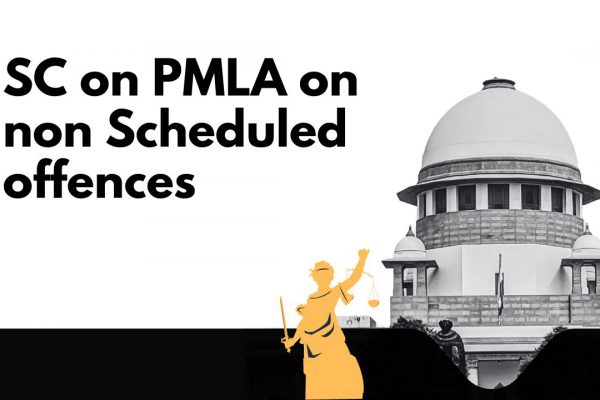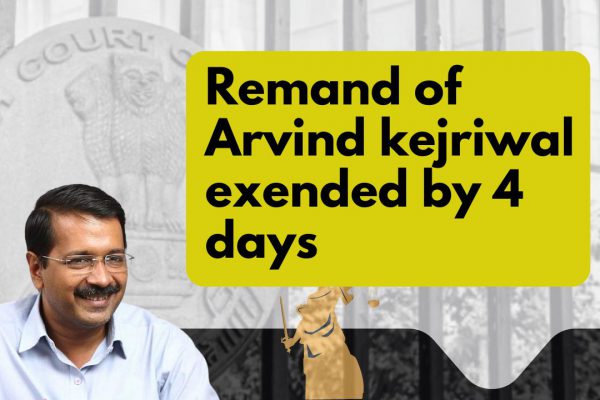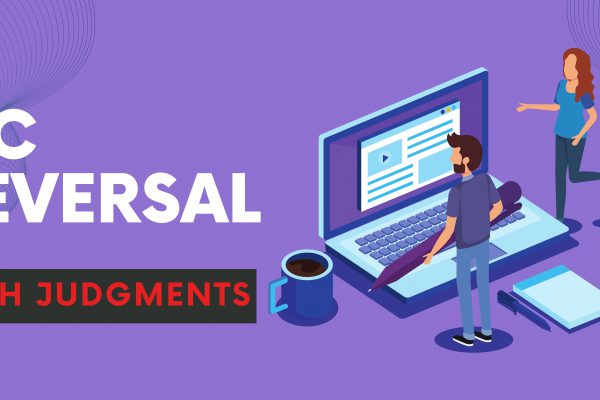Ppt on Implication of GST on E-Commerce and Hotel Industry
Ppt on Implication of GST on E-Commerce and Hotel Industry
Brief Introduction
“Uber, the world’s largest taxi company, owns no vehicles. Facebook, the world’s most popular media owner, creates no content. Alibaba, the most valuable retailer, has no inventory. And Airbnb, the world’s largest accommodation provider, owns no real estate”- Tom Goodwin (Sr. VP, strategy and Innovation, Havas Media)
- Electronic Commerce is growing at a fast pace in India. Amazon, Flipkart, Uber, Go-MMT, etc. are doing business in large scale in India.
- In E-Commerce order for supply of goods or services is placed through the portal. The E-Commerce companies pass on these orders to actual suppliers of goods or services. Supply of goods or services is done by the third party unknown to the person placing an order.
- So far in India, these E-Commerce companies were not liable to pay VAT or CST as they were not selling goods. Recently, the services provided through these portals were brought under service tax net. (ST on commission etc.)
- Now, these companies selling goods or services are being liable to collect TCS @ 1% under GST at the source.
- This TCS seems to be mainly for control purposes, as balance GST will be payable by the actual supplier of goods or services.
- The actual supplier will be able to take the credit for this TCS paid by e-commerce operator.
- Various models adopted by the E-commerce operators include Managed Market Place Model (MMP); Open Market Place Model (OMP), aggregators model, inventory led models, etc.
Click On Image to Download the Ppt.
Statutory Provisions Of CGST/IGST Act 2017
Definitions:
- Electronic Commerce has been defined in Sec. 2(44) of the CGST Act, 2017 to mean the supply of goods or services or both including digital products over the digital or electronic network.
- Electronic Commerce Operator has been defined in Sec. 2(45) of the CGST Act, 2017 to mean any person who owns, operates or manages the digital or electronic facility or platform for electronic commerce.
Registration of E-commerce operator:
- As per Sec. 24(x) of the CGST Act, the benefit of threshold exemption of Rs. 20 L or 10 L is not available to e-commerce operators and they are liable to be registered irrespective of the value of supply made by them;
- Compulsory registration for the person supplying through ECO’s as per section 24(ix) of the CGST Act. The threshold exemption is also not available to persons supplying goods or services through e-commerce operator and they are liable to get compulsorily registered;
Exception: N/N 65/2017-CT dtd 15.11.2017 and N/N 17/2017 CTR dtd 28.06.17
- Furthermore, as per Sec. 10(2) (d), a composition dealer cannot supply goods through an ECO who is required to collect TCS u/s 52;
- However, a category of service providers as specified through N/N 17/2017-CTR, u/s 9(5) are exempted from compulsory registration. Eg. Radio Taxi, Hotels, Inns etc. other than those liable for registration normally as per 22(1);
- Such service suppliers are entitled to threshold exemption even if they are providing services through ECO. In respect of such services, the tax shall be paid by the ECO on behalf of such service suppliers if such services are supplied through it and all the provisions of the act shall apply to such ECO as if he is the supplier liable to pay tax in relation to such supply of services. A similar provision for inter-state supply is provided for in Sec. 5(5) of the IGST Act, 2017.
Levy & Collection
- Every E-Commerce transaction involves 3 parties: Seller, buyer and ECO.
- And it involves 2 types of transactions:
A.Between seller and buyer- Supply of goods and or services;
B.Between seller and ECO- Provision of Marketplace service.
- GST shall be levied on both the transactions.
- Between seller & buyer= GST on the entire value of goods/services supplied (GST shall be paid by the supplier except in the case of Sec. 9(5) services);
- Seller & ECO= GST on commission value/ other charges earned by ECO for providing the market platform to the seller. (GST shall be paid by the ECO)
- Where an electronic commerce operator does not have a physical presence in the taxable territory, any person representing such electronic commerce operator for any purposes in the taxable territory shall be liable to pay tax.
- Where an electronic commerce operator does not have a physical presence and also does not have a representative in the said territory, such ECO shall appoint a person in the taxable territory for the purpose of paying tax and such person shall be liable to pay tax.
TAX Collection At Source U/S 52
- Every ECO [Other than an ECO who is required to pay tax under Sec. 9(5)] is required to collect TCS @ 2% (1% CGST + 1% SGST) of the net value of taxable supplies made through it by other suppliers where consideration in relation to such supply is to be collected by such ECO.
- ECO should make the tax collection during the month in which the consideration amount is collected from the recipient.
- The amount of TCS collected by the ECO is to be deposited with the government within 10 days after the end of the month in which the amount was so collected.
- Every ECO is required to furnish a statement in FORM GSTR-8, electronically within 10 days after the end of such month, containing the details of outwards supplies of goods or services effected through it, including the supplies returned through it, and the amount collected by it as TCS during a month.
- The amount of TCS paid by the ECO to the government will be reflected in the Form GSTR-2 of the actually registered supplier on the basis of the GSTR-8 filed by the ECO;
- This TCS can be used at the time of discharge of tax liability in respect of the supplies made by the actual supplier.
- The details of the supplies furnished by every ECO in his month’s GSTR-8 will be matched with the corresponding details of outward supplies furnished by the concerned supplier in his monthly or any preceding month GSTR-01;
- Where the details of outward supplies declared by the ECO in his monthly GSTR-8 do not match with the corresponding details declared by the actual supplier in his monthly GSTR-01, the discrepancy shall be communicated to both the persons.
- The amount in respect of which any discrepancy is communicated and which is not rectified by the supplier in GSTR-01 or by the ECO in his GSTR-08 for the month in which the discrepancy is communicated shall be added to the output tax liability of the said supplier in his return for the next month succeeding the month in which the discrepancy is communicated.
- The concerned supplier in whose output tax liability any amount has been added shall be liable to pay the tax payable in respect of such supplies along with the interest on the amount so added from the date such tax was due till the date of payment.
Question 1
- If someone is selling his own products through a website hosted by himself, then shall he come under the definition of ‘e-commerce operator’? Is TCS applicable to him?
Answer
- According to Sec 52 of the act, TCS is required to be collected on the net value of taxable supplies made through it by other suppliers where the consideration is to be collected by the ECO. In such cases where someone is selling his own product through his own website, there is no requirement to collect tax at source. These transactions will be liable to GST at the prevailing rates.
Question 2
- What is the impact of GST on goods returned after the sale?
Answer
ECO is required to collect tax only on the net value of taxable supplies. In other words, the value of supplies which are returned is to be adjusted in the aggregate value of taxable supplies. As per the explanation to Sec. 52 (1), ‘Net value of taxable supplies’= Aggregate value of taxable supplies through the operator less supplies returned less supplies under Sec. 9(5).
Hotel Industry
Relevant Concepts
- Composite Supply 2(30): means a supply made by a taxable person to a recipient consisting of two or more taxable supplies of goods or services or both, or any combination thereof, which are naturally bundled and supplied in conjunction with each other, in the ordinary course of business, one of which is a principal supply.
- Taxability of Composite supply Sec. 8: A composite supply comprising two or more supplies, one of which is a principal supply, shall be treated as a supply of such principal supply.
- Schedule II to Sec. 7: The following composite supplies shall be treated as a supply of services, namely, supply by way of or as a part of any service or in any other manner whatsoever of goods, being food or any other article for human consumption or drink (other than the alcoholic liquor for human consumption), where such supply of service is for cash, deferred payment or other valuable consideration.
- RELEVANCE: Applicability of Composition scheme
- Place of Supply Sec. 12(3) of IGST Act:
The place of supply of services:
- by way of lodging accommodation by a hotel, inn, guest house, home stay etc;
- by way of accommodation in any immovable property for organizing any marriage or reception or matters related thereto, official, social, cultural etc including services provided in relation to such function at such property;
- any services ancillary to the services referred to in above clauses;
Shall be the location at which the immovable property is located.
- Place of Supply Sec. 12(4) of IGST Act: The place of supply of restaurant and catering services, personal grooming, fitness etc. shall be the location at which such services are actually performed.
- This means that the supply made by a hotel providing accommodation service shall always be an Intra-State supply, as the location of supplier and place of supply shall always be in the same state. The same will also apply to restaurant service. Catering service may be an interstate supply.
- Hence Hotels will now only charge CGST+SGST on their bills. Various other taxes like ST, VAT, Luxury Tax, entertainment tax etc. are subsumed.
- BLOCKED CREDIT Sec. 17(5): Input Tax credit shall not be available in respect of the following:
- The following supply of goods or services or both: i) food and beverages, outdoor catering, etc. except where an inward supply of goods or services or both of a particular category is used by a registered person for making an outward taxable supply of the same category.
IS ITC AVAILABLE ON INPUT RESTAURANT SERVICES??
- BLOCKED CREDIT Sec. 17(5): Input Tax credit shall not be available in respect of the following:
- goods or services or both received by a taxable person for construction of an immovable property on his account including when such goods or services or both are used in the course of furtherance of business.
Explanation: ‘construction’ includes reconstruction, renovation, additions or alterations or repairs, to the extent of capitalisation, to the said immovable property.
Rate Of Tax Applicable To Hotels (9963)
|
S. No. |
Description |
Rate (CGST+SGST) |
|
1. |
Hotel having declared tariff of a unit below 1000 Rs. Per day |
NIL |
|
2. |
Hotel having declared tariff of a unit >1000 Rs. But <2500 rs. Per day |
12% |
|
3. |
Hotel having declared tariff of a unit >2500 Rs. But <7500 rs. Per day |
18% |
|
4. |
Hotels including five-star hotels having declared tariff of a unit above 7500 Rs. Per day |
28% |
|
5. |
Outdoor catering, health club, banquet, sports, laundry, convention etc. |
18% |
Declared Tariff
- It includes charges for all amenities provided in the unit of accommodation like furniture, AC, refrigerator or any other amenities, but without excluding any discount offered on the published charges for such unit.
- The declared tariff will determine the taxability of the hotel, that whether it falls into the category of 12,18 or 28%. The tax shall always be levied on the actual tariff.
- Where the tariff has to be declared?? is not explained in any of the notifications, hence it may be deemed to be the published charges of the unit at any prominent public platform etc.
Rate Of Tax Applicable To Hotels (9963)
- N/N 46/2017 Central Tax (Rate) dtd 14.11.2017
This notification substituted or omitted all relevant entries for restaurants, mess, canteen etc. in N/N 11/2017 C.T.R. dtd 28.06.17.
|
S.No. |
Description |
Rate (CGST+SGST) |
CONDITION |
|
1. |
Restaurants, canteen, mess etc.(Fine dine or take away) in a hotel having declared tariff of less than 7500 rs. Per day |
5% |
ITC on inputs is not allowed |
|
2. |
Restaurants, canteen, mess etc.(Fine dine or take away) in a hotel having declared tariff of greater than 7500 rs. Per day |
18% |
Full ITC allowed |
|
3. |
Stand-alone restaurants |
5% |
ITC on inputs is not allowed |
Few General Points:
- Reverse charge is no more applicable to inward services of housekeeping, security guard, rent a cab etc. which was previously there under ST regime.
- Most of the hotels are now taking the services of Online Travel Agents (Go-MMT etc) since these portals are ECO, TCS provisions will get attracted to the hotels whenever notified. Accounting and reconciliation with these portals have to be on a periodic basis to avoid confusions.
- In case of bookings coming from these OTA’s the TAX INVOICE shall always be raised by the hotel in the name of guests. The commission charged by these portals shall be input service for these hotels.
CA Nikhil Bhasin
If you already have a premium membership, Sign In.
 CA Nikhil Bhasin
CA Nikhil Bhasin
Lucknow, India



